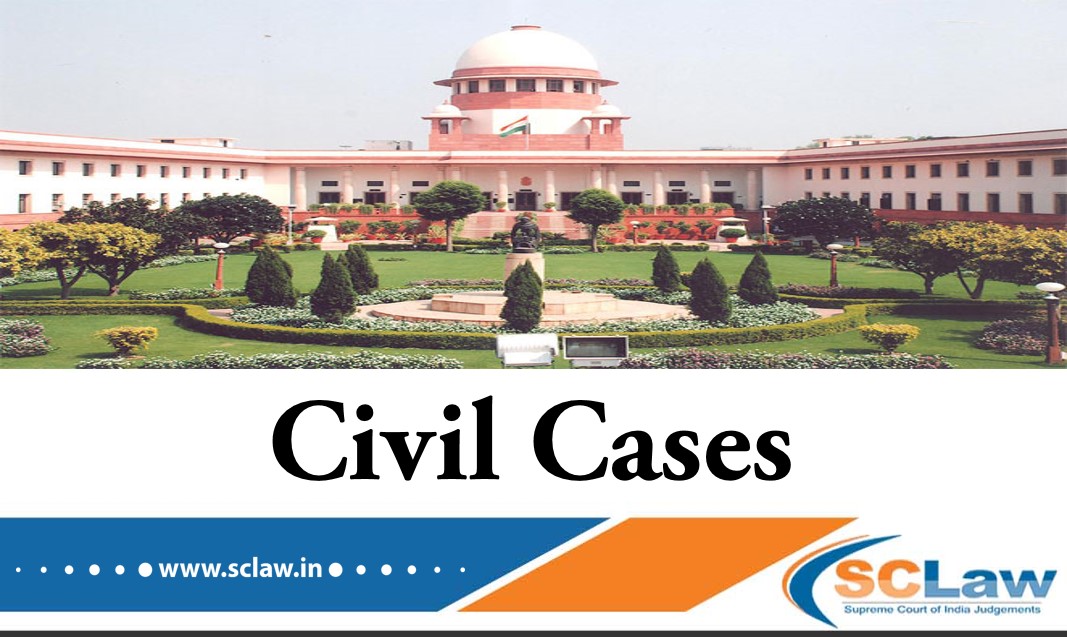Murder—Appeal against acquittal—Doubtful prosecution witness–Presence of witness disputed—Appeal dismissed.
2007(3) LAW HERALD (SC) 2295 IN THE SUPREME COURT OF INDIA Before The Hon’ble Mr. Justice Arijit Pasayat The Hon’ble Mr. Justice P.P. Naolekar Criminal Appeal No. 284 of…








